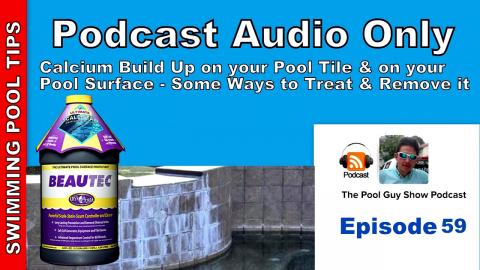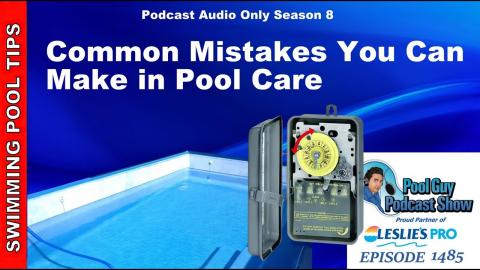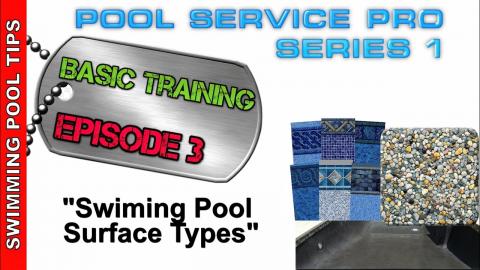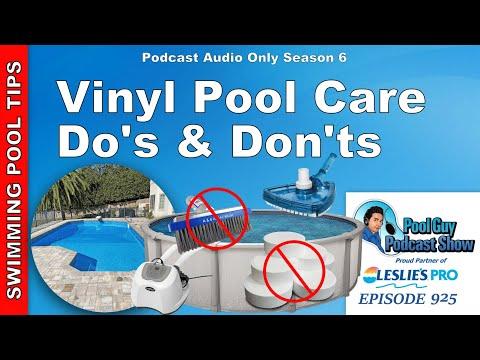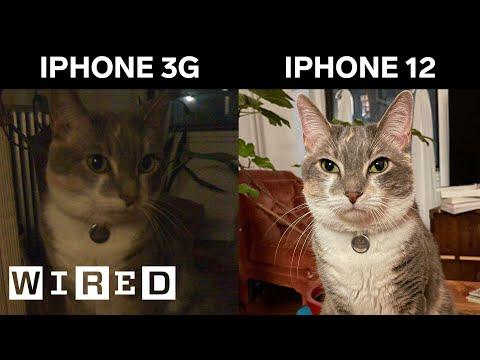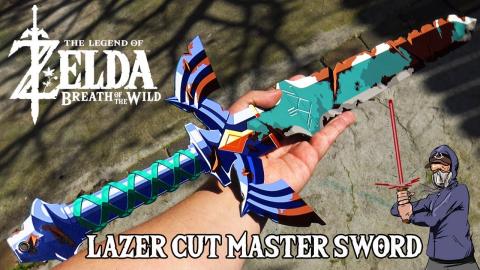Swimming Pool Surface Types and Care
Description
Any pool surface type can be easily stained to any product containing acid, like a battery-operated toy (when the batteries explode from being on the pool bottom) or a 3” trichlor tablet, which includes a type of acid in cyanuric acid and has a pH under 3. Roof nails, staples holding up Christmas lights, and fertilizer pellets can also cause rust stains in your pool.
Fiberglass and vinyl pool surface chemicals can sometimes burn or bleach the surface. Don’t use granular Trichlor and cal hypo should not be added directly to the vinyl pool; I prefer adding cal hypo through the skimmer to avoid bleaching out the vinyl liner; in some cases, manufacturers will void your warranty on your fiberglass or vinyl pool if you use trichlor tablets in these pools. The pH is relatively low in a fiberglass and vinyl pool since it is plastic, and using any pool chemical with a low pH, like Trichlor, can lead to metal staining from the equipment as the low pH reacts with metal components. Dichlor has a pH of about seven, so it is safe to use in a fiberglass or vinyl pool. Liquid chlorine is also safe to use directly in these pool surface types.
Plaster is a standard surface type made with cement and white marble aggregate. The problem with white plaster is that any stain becomes very evident, and in many cases, the pool chemistry affects the color. You can also go with a color plaster, making your pool stand out and look great. The problem with the colored plaster is that the mottling or pattern discoloration is very apparent and visible over time. But it is still the most affordable pool surface type on the market.
Pebble Tec is a well-established brand that combines cement and small pebbles and stones. Pebble Tec is highly durable and long-lasting. There is a great variety of surface types and colors to choose from. The drawback is that the surface can be rough on the feet, but it resists stains, looks uniform throughout, and lasts over 15-20 years. It is a more expensive choice, but you can't beat the durability and look of Pebble Tec.
Fiberglass pool surfaces are famous for swimming pools due to their durability, smooth finish, and low maintenance. Here are some critical points about fiberglass pool surfaces:
Material Composition: Fiberglass pools are made of reinforced plastic with fiberglass strands. The pool shell is created by layering fiberglass and resin in a mold.
Smooth Finish: One of the main advantages of fiberglass pools is their soft and non-porous surface. This smooth finish is comfortable for swimmers, inhibits algae growth, and makes cleaning easier.
Resistant to Stains: Fiberglass surfaces are less prone to staining than other pool surfaces. This is beneficial in maintaining the pool's aesthetic appeal.
Vinyl pool surfaces are another standard option for swimming pools, offering advantages and considerations. Here are some critical points about vinyl pool surfaces:
Material Composition: Vinyl pools have a flexible liner made of vinyl material that is installed over the pool's structure, which is typically made of metal, wood, or concrete.
Smooth and Non-Porous: Vinyl pool surfaces are smooth and non-porous, like fiberglass. This smooth surface is comfortable for swimmers and helps resist algae growth.
Versatility in Design: Vinyl pool liners come in various patterns, colors, and designs, providing flexibility for customization. This allows pool owners to achieve a specific aesthetic that suits their preferences.
Limited Lifespan: Vinyl pool liners have a limited lifespan compared to fiberglass or concrete surfaces. They typically last around 10 to 15 years before needing replacement.
Susceptibility to Sharp Objects: While vinyl is durable, sharp objects can puncture or tear it. Care should be taken to avoid introducing sharp items into the pool.
Resilience to Freezing Conditions: Vinyl pools are less prone to cracking in freezing conditions than concrete pools. However, precautions should still be taken to winterize the pool properly.
Visit my Website: http://www.swimmingpoollearning.com/
eBook: https://www.swimmingpoollearning.com/swimming-pool-care-ebook
YouTube Video Index: http://poolmandave.blogspot.com/2014/03/swimming-pool-tips-reviews-how-to-video.html – A list of all of my videos.
Blogger: http://poolmandave.blogspot.com/
Podcast Website: https://www.thepoolguypodcastshow.com/
Coaching Site: https://poolguycoaching.com/
Shop at Leslie's: Leslie’s Pool Supplies has been a do-it-yourselfer and pool trade professionals' trusted partner since 1963, providing quality products and services to make pool care easy and solutions and expertise to do it right. http://lesliespool.com/?utm_medium=referral&utm_source=spll&utm_campaign=spll
If you are not using pool service software Try Skimmer free for 30 days at https://www.getskimmer.com/poolguy
Skimmer, Everything you need to run your pool service business, all in one app



